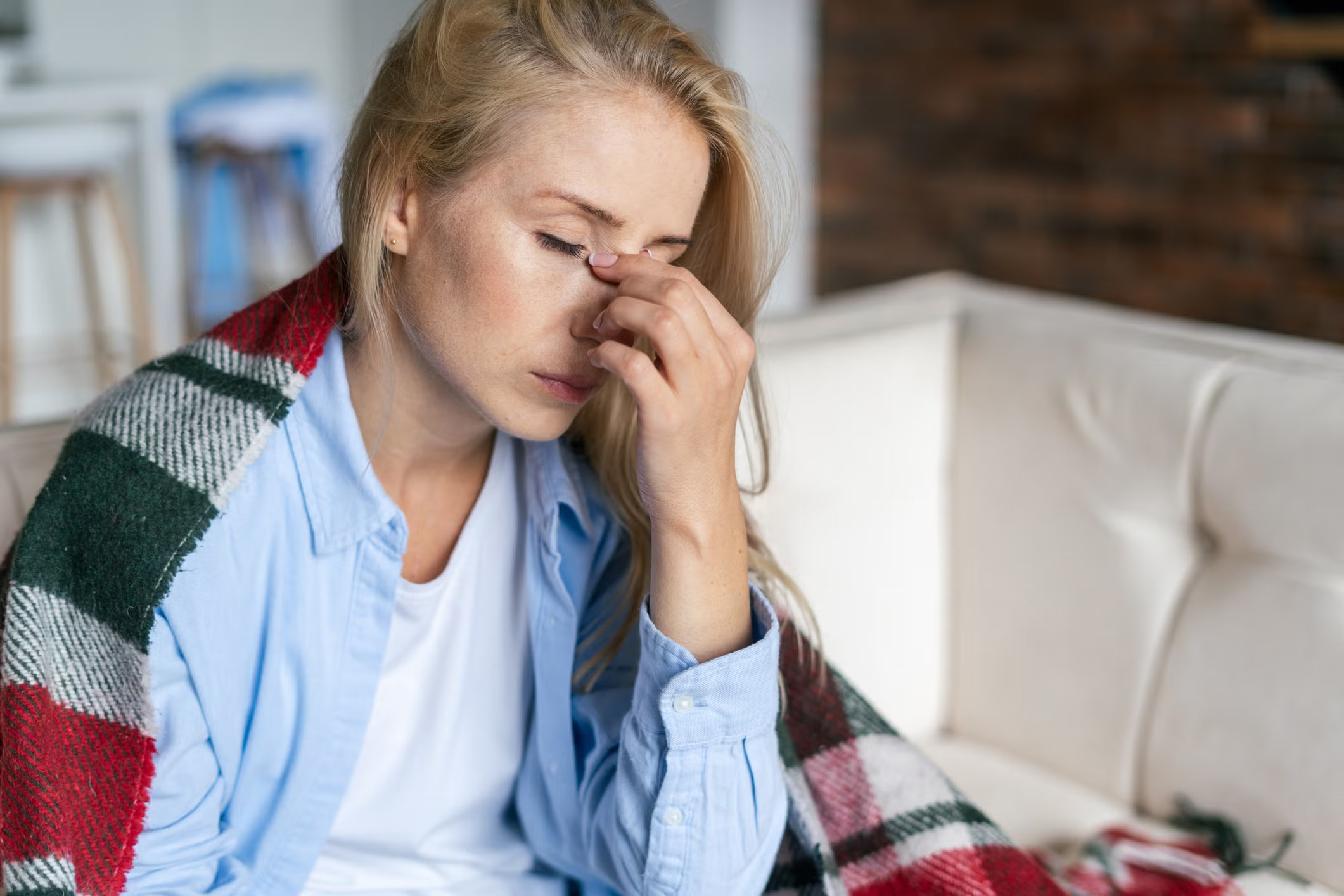Maybe you stayed awake all night because of your newborn, struggled through night sweats, or tossed and turned due to jet lag. In any case, not getting enough sleep can make the next day feel impossible to get through – plus, clocking enough hours in bed is important for your overall health. Sleep is important for memory and cognition,’ says Rachel Salas, MD, a professor of neurology and an assistant medical director at Johns Hopkins Center for Sleep and Wellness. If you don’t get enough sleep, you’re more likely to get sick, and even one night of poor sleep can negatively impact your metabolism. Plus, bad sleep can totally wreck your mood the next day. While you might be tempted to guzzle gallons of coffee to power through the day, there are a range of tactics to get back on track, caffeine not (necessarily) required. A caveat: if you think you’re suffering from a sleep disorder, like insomnia, chat with your doctor to see if you can get a diagnosis and formal treatment plan. Take a nap If you just slept badly, like you tossed and turned, aim for a 20-minute snooze, if nothing else – it’ll help repay your ‘sleep debt’ from the night before, which can help reduce brain fog and fatigue, Robbins says. But if you pulled a true all-nighter, go for a longer nap – up to 90 minutes – to help recover, she adds. Feel free to nap at any time of day, as long as it’s not right before your bedtime. The most important thing is to refill your sleep tank, regardless of when it happens. The next best thing, other than napping, is to walk outside in the natural sunlight because it gives an energy boost like caffeine (without the jitters), Robbins says. Exposure to sunlight can help increase your body’s natural serotonin, our feel-good neurotransmitter, per the Cleveland Clinic. Not only can serotonin boost your mood, but it also indicates to the body that it needs to produce melatonin, a hormone that regulates your sleep-wake cycles and helps you feel sleepy when it gets dark out, according to the NIH.
Thank you for reading this post, don't forget to subscribe!
Saturday, October 11, 2025


